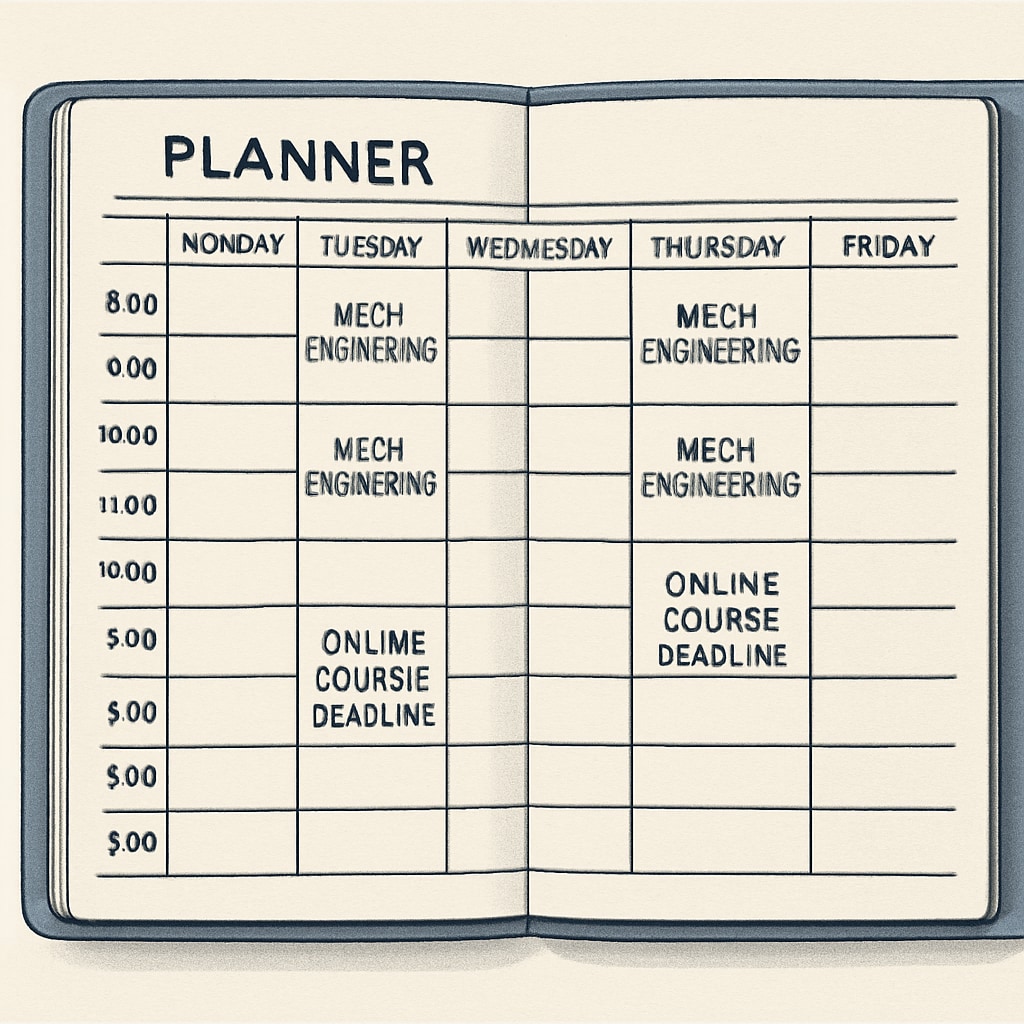Balancing an online degree alongside a mechanical engineering program is a bold educational choice that merges technical competence with multidisciplinary expertise. This strategy offers mechanical engineering students the opportunity to expand their skill sets, diversify career prospects, and maximize the value of their academic journey. However, such a dual pursuit requires careful planning and commitment to ensure both academic and personal success. In this article, we explore the benefits, challenges, and practical considerations of pursuing concurrent degrees.
Why Choose a Dual Path: Benefits of Combining Degrees
The decision to pursue an online degree while studying mechanical engineering is often driven by the desire to future-proof one’s career. With industries increasingly valuing cross-disciplinary knowledge, having expertise in two fields can set candidates apart. For example, adding a degree in computer science, business administration, or environmental studies to a mechanical engineering program can open doors to leadership roles, research opportunities, or innovative projects.
- Expanded Career Opportunities: Employers often seek candidates who can bridge technical and managerial gaps. A dual degree can showcase versatility to potential employers.
- Skill Diversification: Online programs often emphasize practical skills, such as programming, data analysis, or project management, which complement engineering expertise.
- Networking Benefits: Enrolling in two programs provides access to a broader academic and professional network, increasing exposure to diverse industries.

Challenges of Managing Dual Degrees
While the advantages are compelling, pursuing two degrees simultaneously is not without its difficulties. Students must carefully assess their ability to manage time effectively, meet academic milestones, and maintain personal well-being. Below are some common challenges:
- Time Management: Mechanical engineering is already a demanding field. Adding an online degree requires disciplined scheduling and prioritization.
- Financial Considerations: While online programs are often more affordable, the combined costs of tuition, materials, and technology can add up.
- Burnout Risks: Balancing coursework, projects, and exams across two programs can lead to stress if not managed properly.
To overcome these challenges, students can adopt strategies such as maintaining a detailed academic calendar, leveraging support systems, and utilizing online learning tools effectively.

Evaluating the Investment: Is It Worth It?
One critical factor in deciding whether to pursue dual degrees is understanding the return on investment (ROI). The additional degree should ideally lead to better job prospects, higher earning potential, or long-term career stability. Here are key aspects to consider:
- Cost vs. Value: Compare the cost of the online program with its potential to increase your employability or salary.
- Industry Trends: Research demand for skills in both fields to ensure your dual expertise aligns with market needs.
- Personal Goals: Ensure the second degree aligns with your passion and long-term aspirations.
For example, students interested in sustainable engineering might benefit from pairing their mechanical engineering degree with an online program in environmental science or renewable energy. Similarly, those aiming for managerial roles could pursue an online MBA.
Planning for Success: Tips for Prospective Students
To maximize the benefits of a dual-degree pathway, careful planning is essential. Below are actionable tips for prospective students:
- Start Early: Research potential online programs and their compatibility with your engineering curriculum before enrollment.
- Use Technology: Take advantage of tools like time management apps and online study platforms to stay organized.
- Seek Support: Consult advisors, professors, and peers for guidance on balancing workloads.
- Stay Flexible: Choose programs that offer flexible schedules and asynchronous learning modules to accommodate your primary degree.
By adopting these strategies, students can navigate the complexities of dual-degree programs while achieving their academic and career goals.
In conclusion, pursuing an online degree alongside a mechanical engineering program can be a transformative educational choice. While it requires careful preparation and dedication, the rewards often outweigh the challenges. Students who successfully balance dual pathways are uniquely positioned to lead and innovate in their chosen fields.


